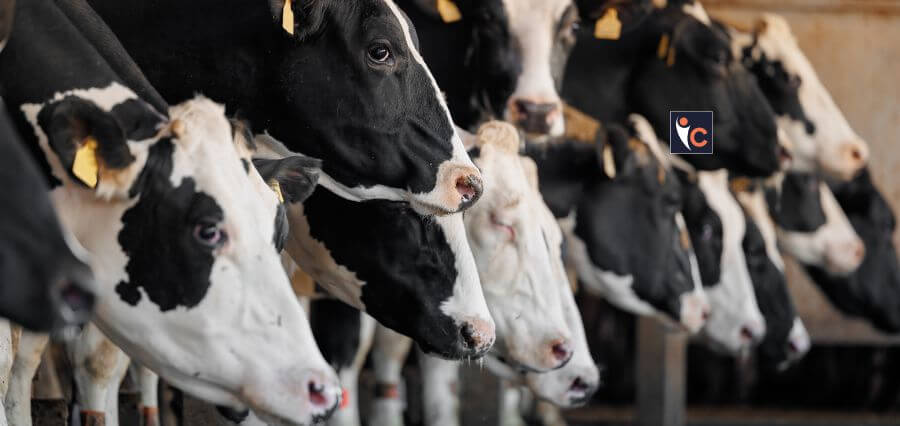Diseased dairy cows from Kansas and Texas have tested positive for avian influenza, federal officials reported. Investigations by federal and state veterinary and public health authorities are underway to address an illness affecting cows in Texas, Kansas, and New Mexico. However, there is currently no concern regarding the safety of the commercial milk supply or risks to consumers, according to USDA officials.
As of March 25, unpasteurized milk samples from sick cattle at two dairy farms in Kansas and one in Texas tested positive for the highly pathogenic avian influenza (HPAI) virus, as per a press release from the U.S. Department of Agriculture (USDA). Additionally, a cow at another dairy in Texas also tested positive.
Symptoms primarily affect older dairy cows and include decreased milk production and reduced appetite. Investigations suggest that wild birds are the source of the infections, with farms reporting findings of dead wild birds on their properties.
Despite these findings, the USDA reassures the public about the safety of the commercial milk supply, emphasizing that the current circumstance does not pose a risk to consumer health.
Janet Buffer, from the Food and Policy Institute at George Washington University, reassured consumers, stating that pasteurization effectively eliminates any viruses, bacteria, or other harmful microbes present in milk, ensuring its safety for consumption. Moreover, milk from sick cows is diverted or disposed of to prevent its entry into the food supply.
However, the sale and consumption of raw milk remain areas of concern. Raw milk can harbor dangerous bacteria such as Salmonella, E. coli, Listeria, and Campylobacter, posing significant health risks, particularly to vulnerable populations.
Federal and state agencies are conducting additional testing to understand the specific strains of the avian flu virus involved in these cases. Initial genetic testing has not indicated any changes to the virus that would increase its transmissibility to humans, suggesting that the current risk to public health remains low.
This marks the first detection of HPAI in dairy cattle and only the second detection in a ruminant, as noted by the American Veterinary Medical Association (AVMA). Ruminants, including cattle, goats, and sheep, are animals that chew cud.
Dr. Rena Carlson, President of AVMA, emphasized the importance of adhering to biosecurity measures and promptly involving veterinarians when observing unusual symptoms in livestock. Despite the impact on affected herds, few or no cows have succumbed to the infection, according to the USDA.
Read More: Click Here















